Jason Voorhees
Say cheese
- Joined
- May 15, 2020
- Posts
- 73,841
- Reputation
- 212,745
Since I scored so low in my history section. Ive been reading about some important events and watching animated videos about it.

 looksmax.org
looksmax.org
This is my the summady of the battle of the gettysberg. Thr 3rd if this month was the 161st anniversary of the famous battle that took place in Pennsylvania.
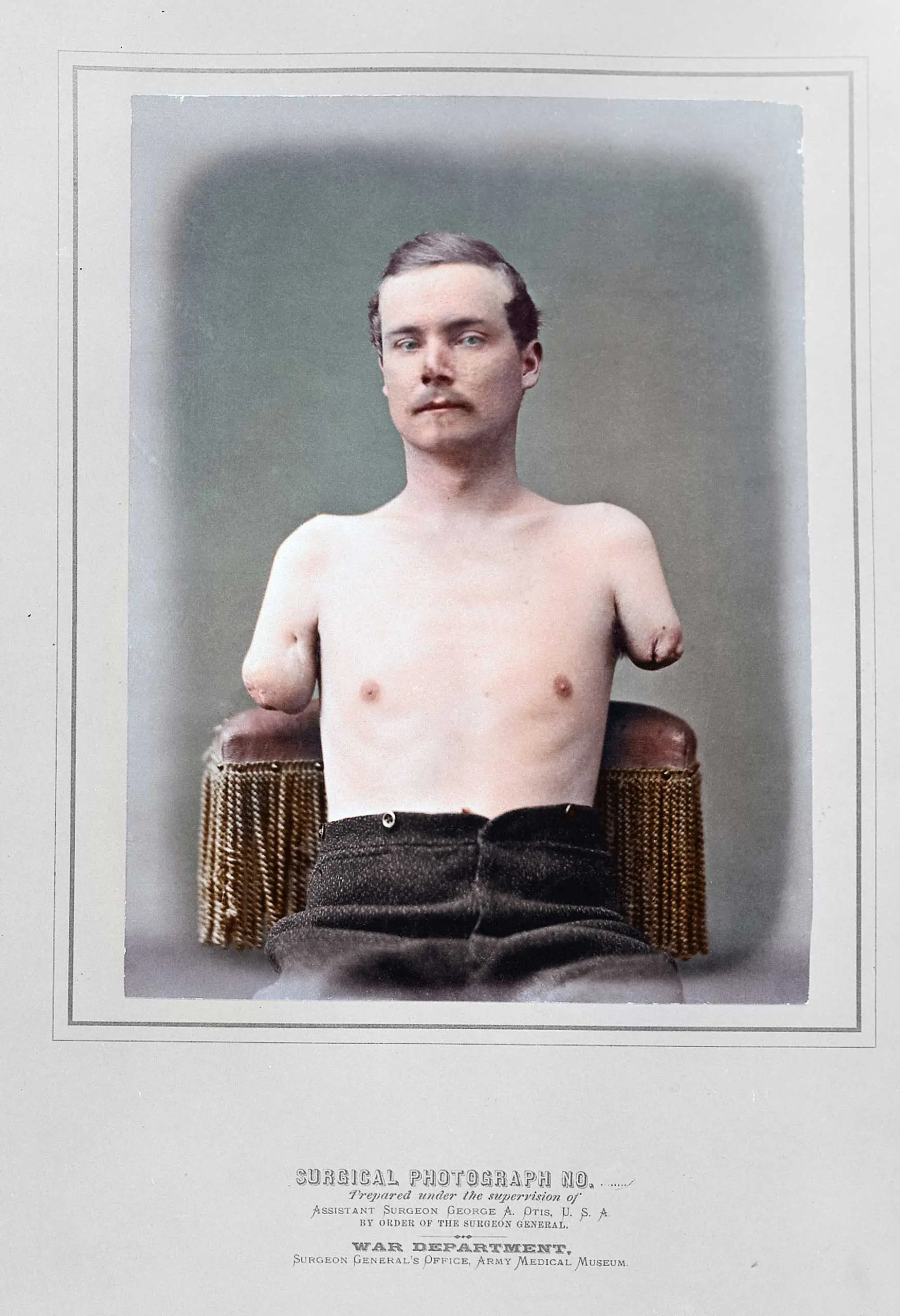
On July 1, 1863, Union cavalry clashed with Confederate forces near Gettysburg, Pennsylvania, kicking off what would become the bloodiest battle of the American Civil War. Over three days, more than 165,000 soldiers from both sides fought in brutal close quarters across hills, farms, and ridgelines.
The battle was a turning point in the war. Confederate General Robert E. Lee had invaded the North hoping to force a peace deal. Instead, his army was pushed back, suffering heavy losses. Over 50,000 men were killed, wounded, or missing by the end.
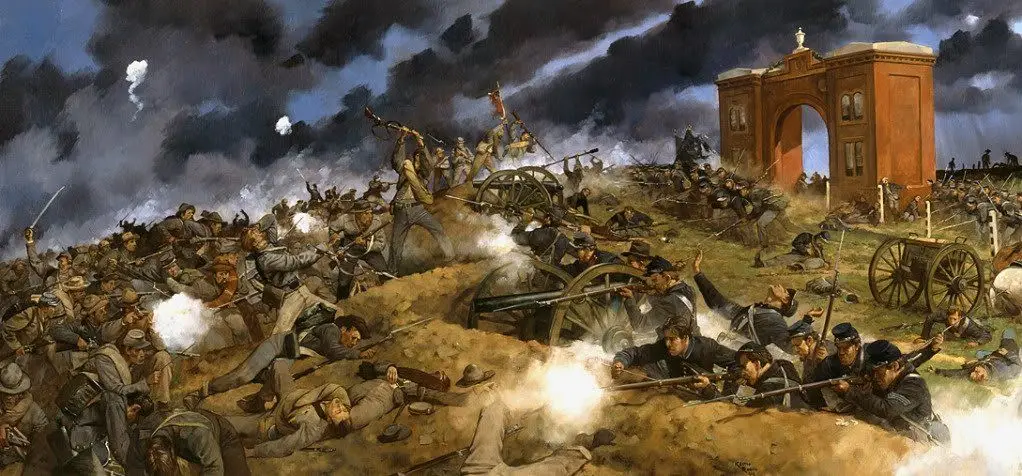
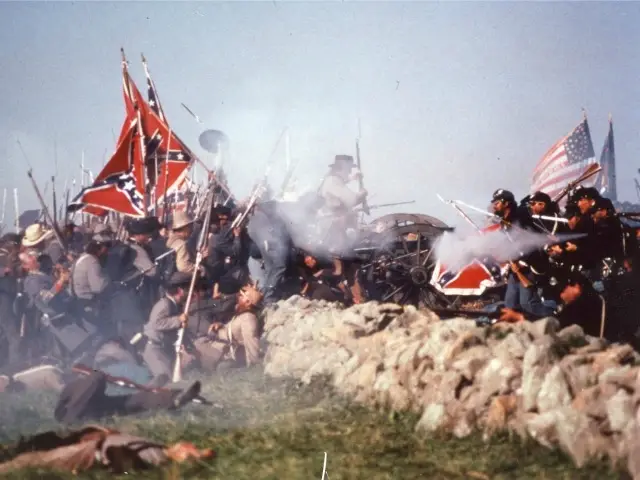
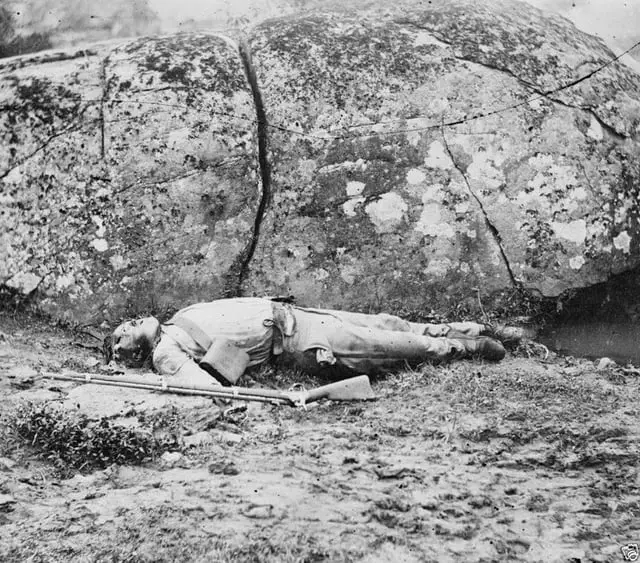
Early on July 1, Confederate forces under General Heth ran into Union cavalry led by John Buford. Fighting escalated as more reinforcements arrived. The Confederates eventually pushed Union troops back through Gettysburg and up to Cemetery Hill, but failed to break them.
Dead and dying men lay in the streets, fields, and barns. Soldiers described the smell of blood and gunpowder choking the air. Locals hid in cellars as the battle closed in on their homes.
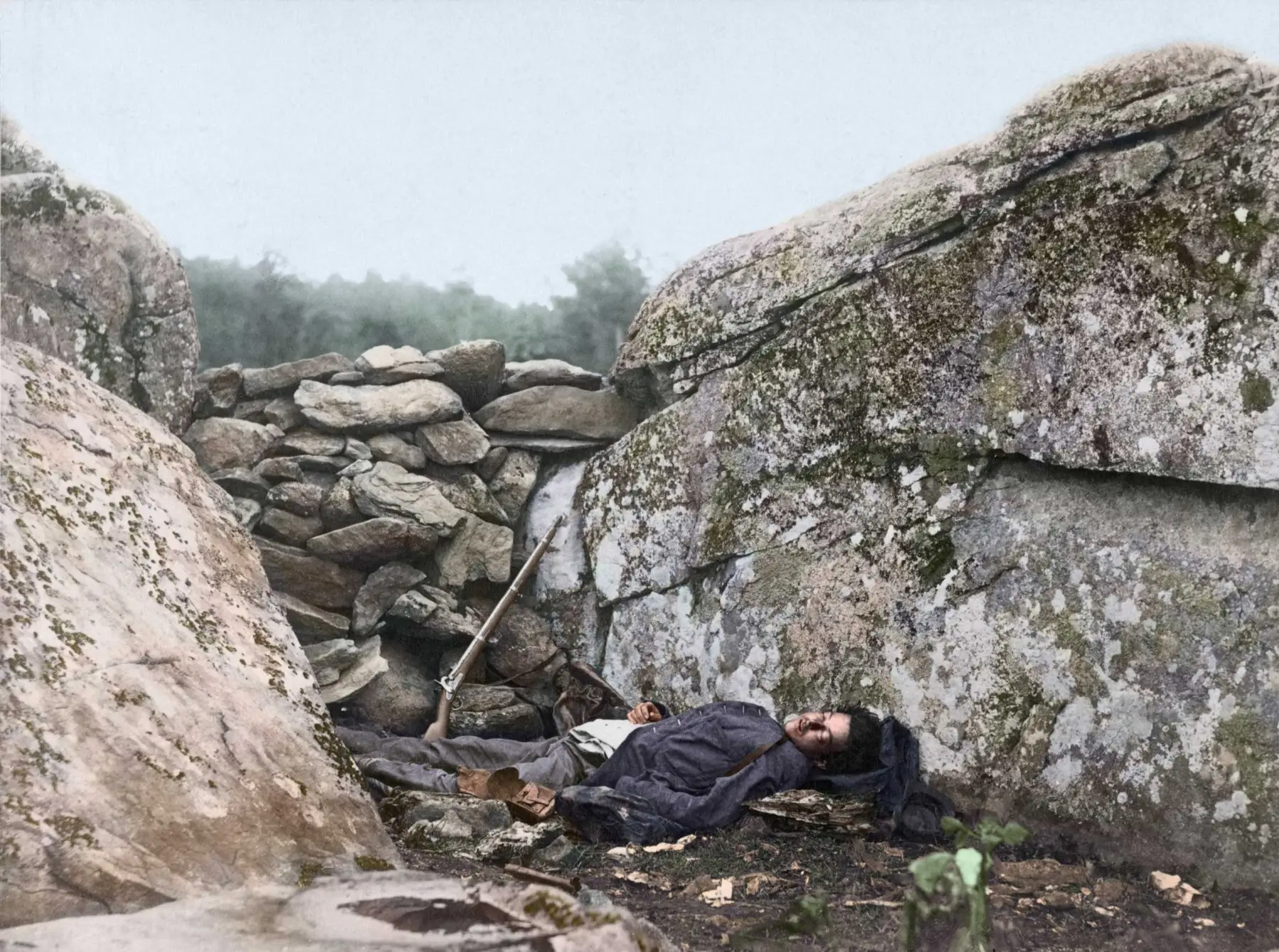
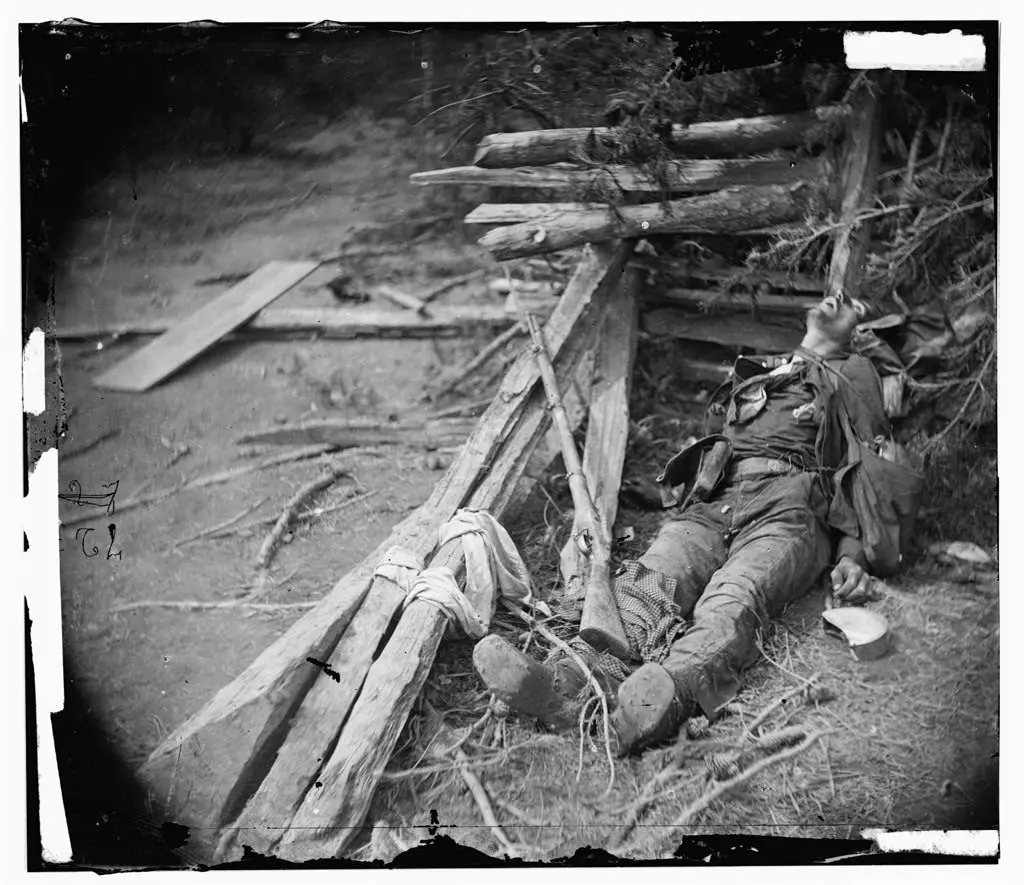
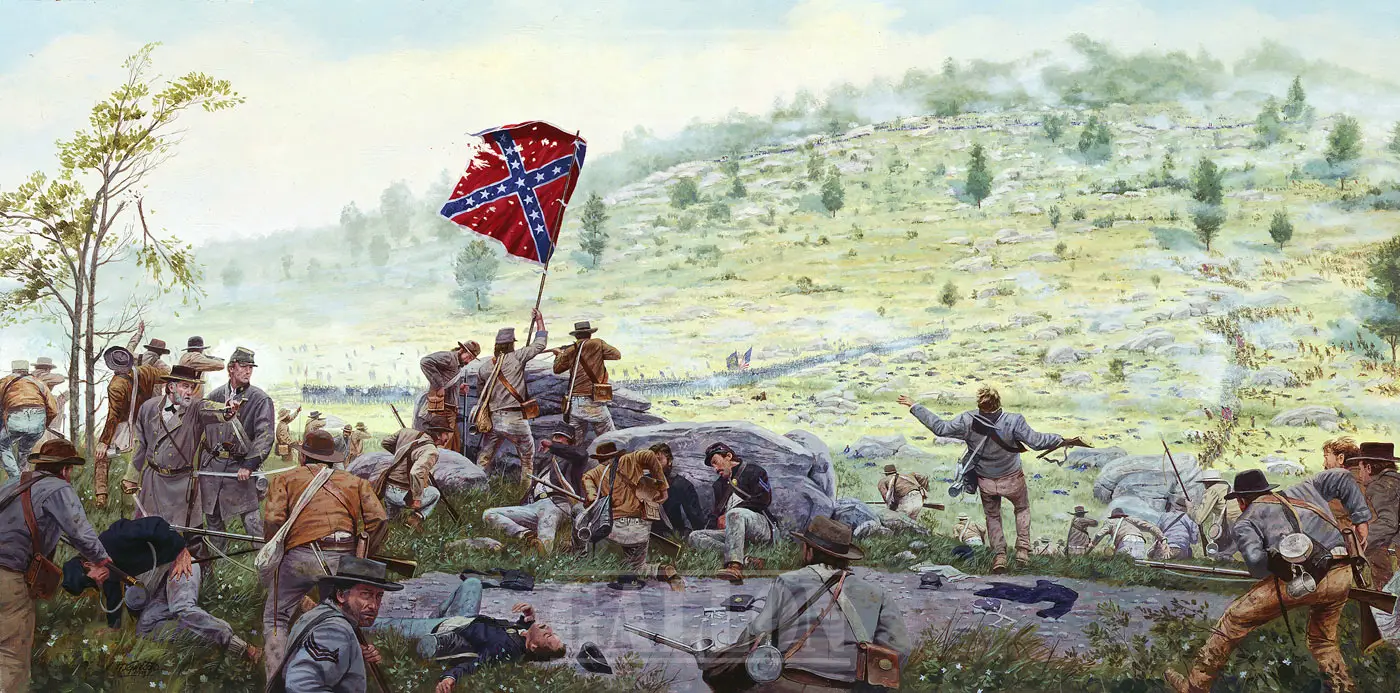
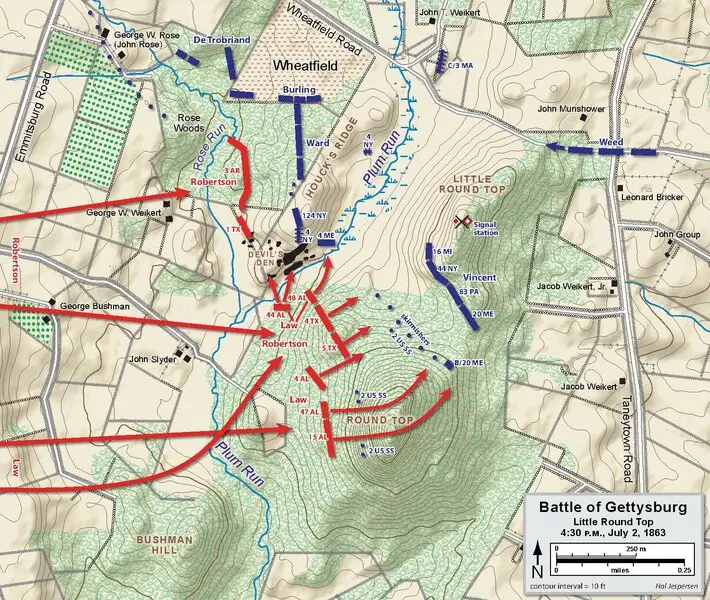
July 2 saw intense fighting on both flanks. The Union left was hit hard at Little Round Top, Devil's Den, and the Wheatfield. The right side collapsed at Culp's Hill, but Union forces managed to regroup.
Confederate assaults were brutal. Soldiers fought with bayonets, clubs, and bare hands in dense forest and rocky hills. Bodies were stacked around stone walls and tree lines. Many wounded lay untreated overnight, dying slowly.
Pickett's Charge
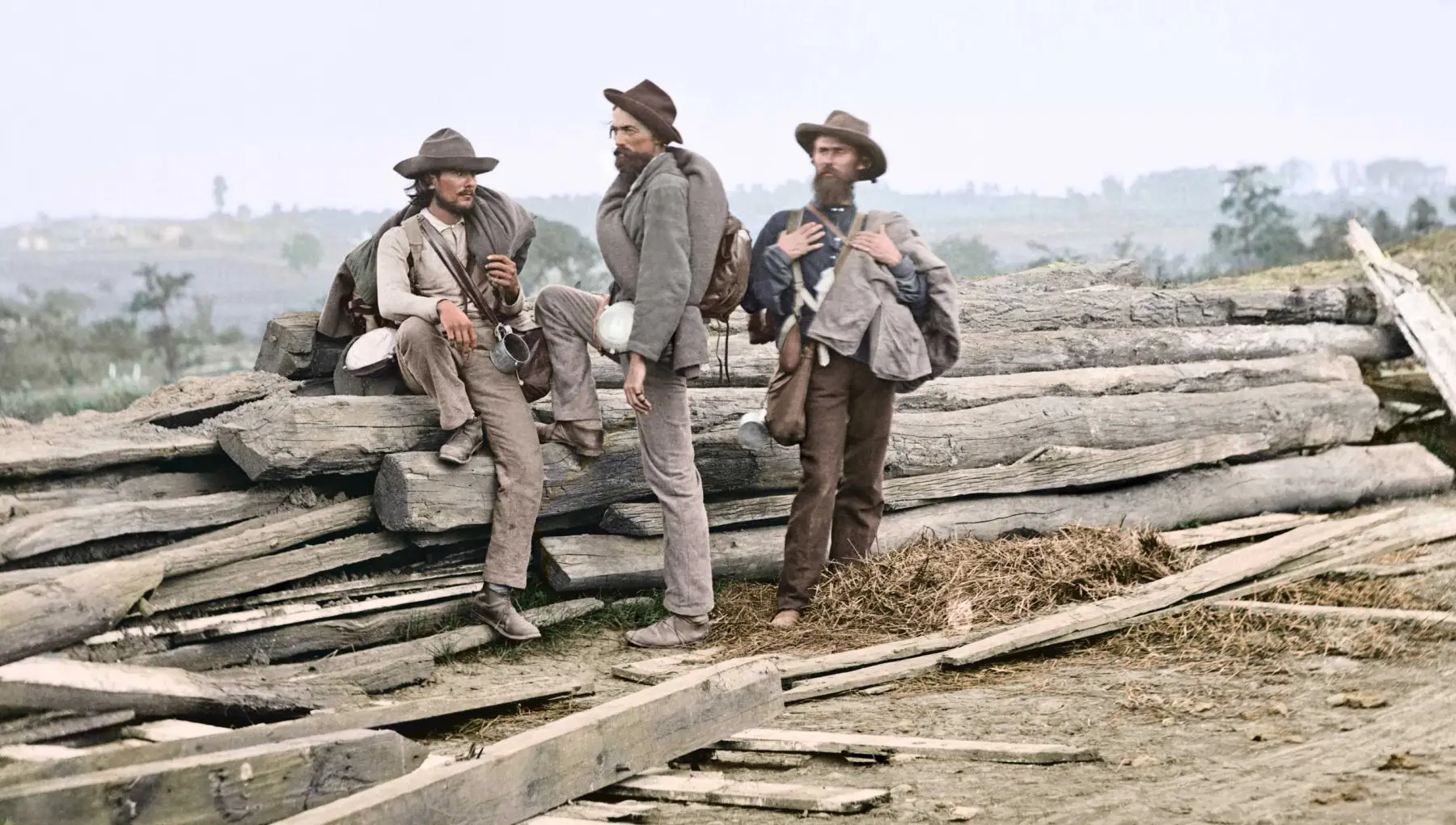
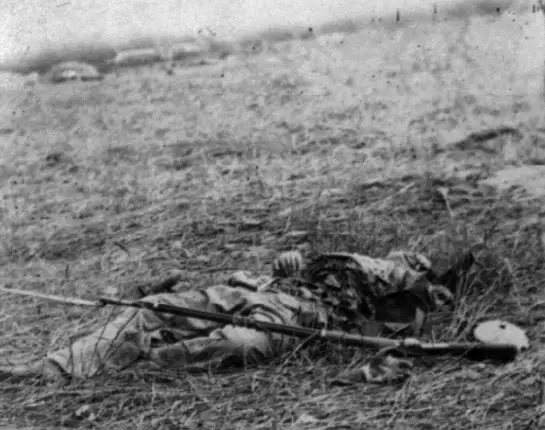
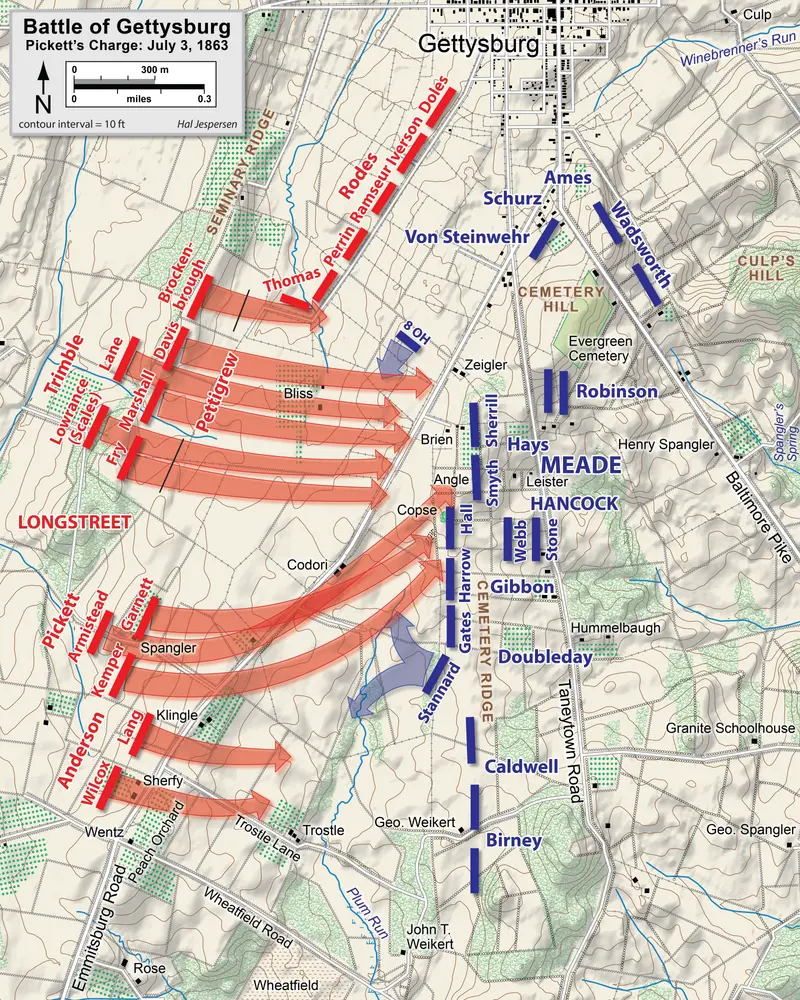
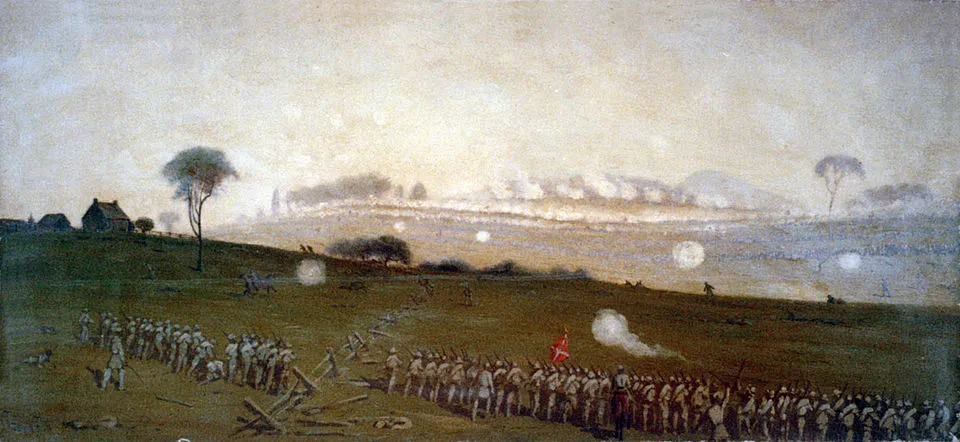
On July 3, Lee ordered one final attack straight at the Union center on Cemetery Ridge. 12,500 Confederate troops, led by General George Pickett, marched across open fields under heavy cannon fire in what became known as Pickett's Charge.
The result was a massacre. Artillery tore through the charging lines, and Union riflemen finished off the survivors. Fewer than half made it back. The assault failed, and Lee's army was forced to retreat.
Aftermath
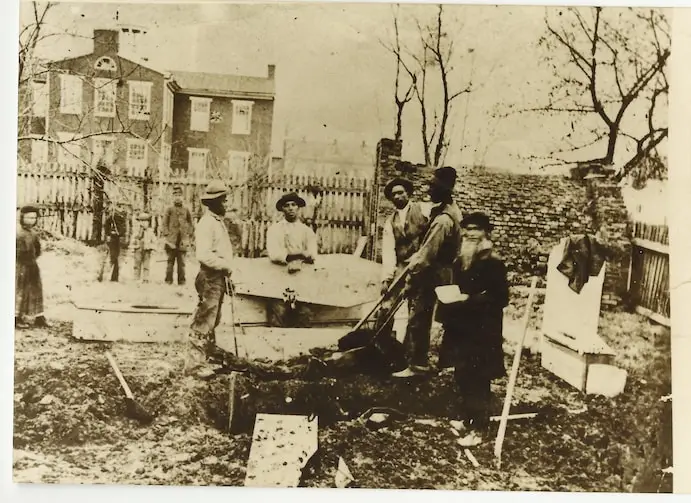
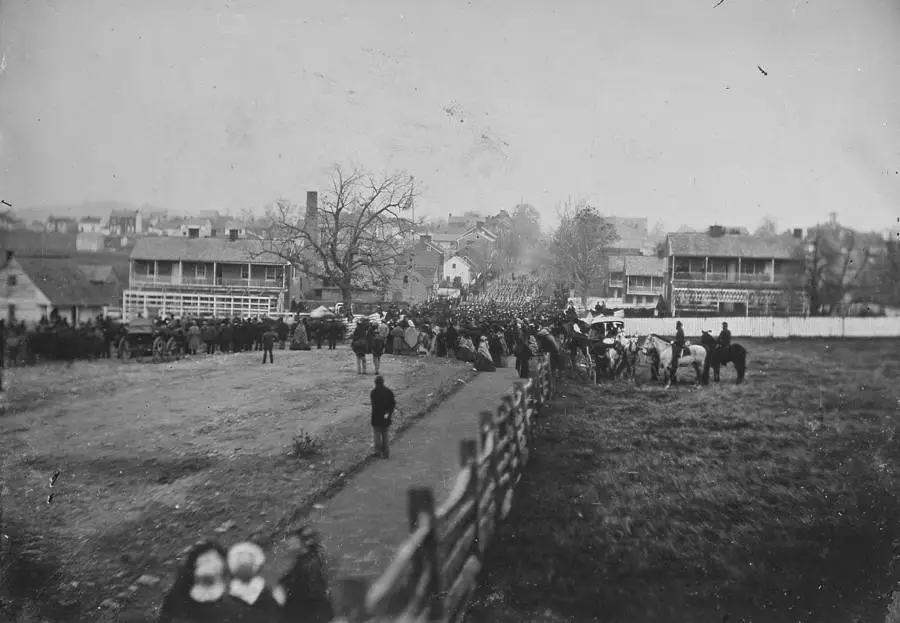
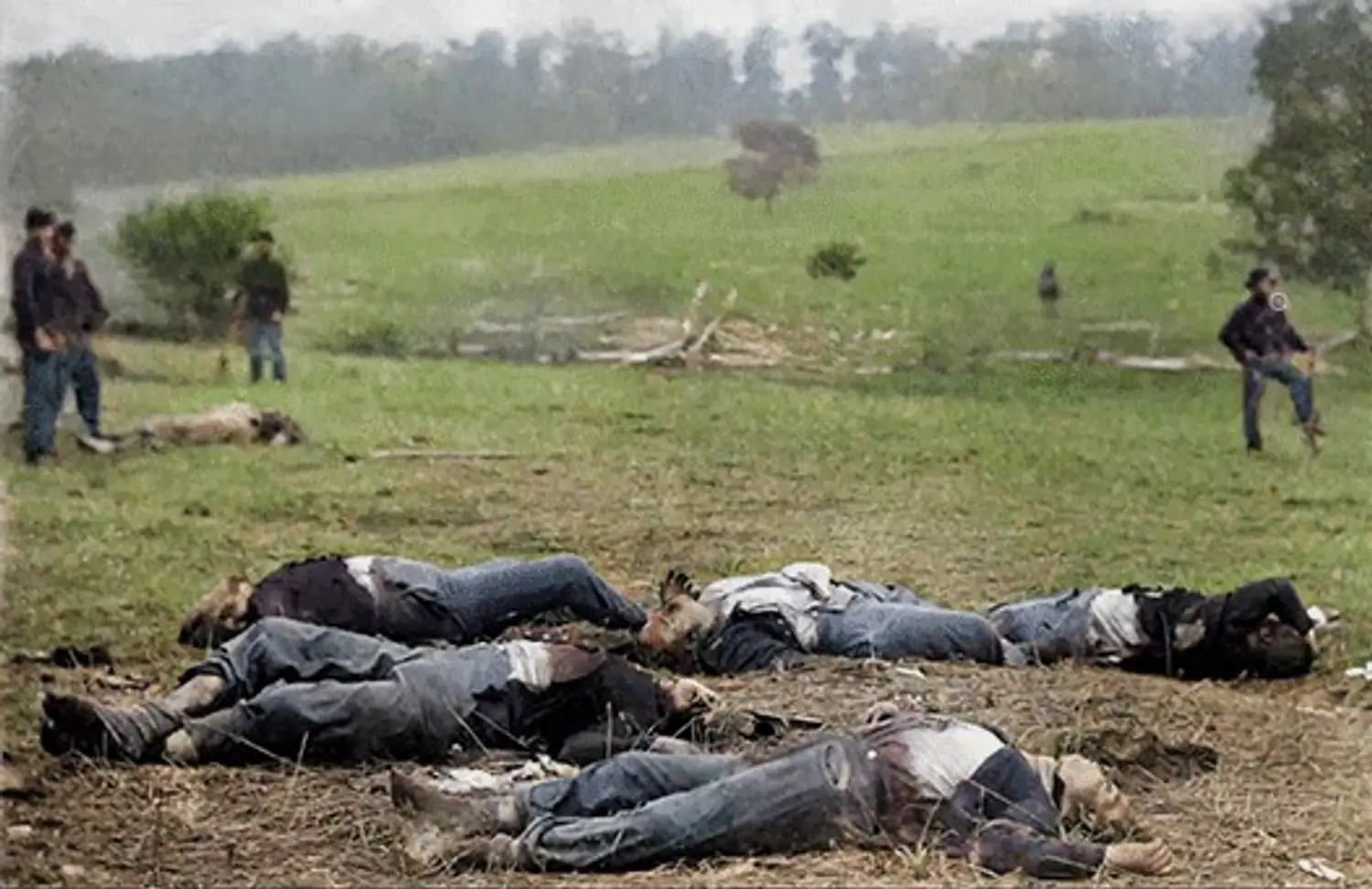
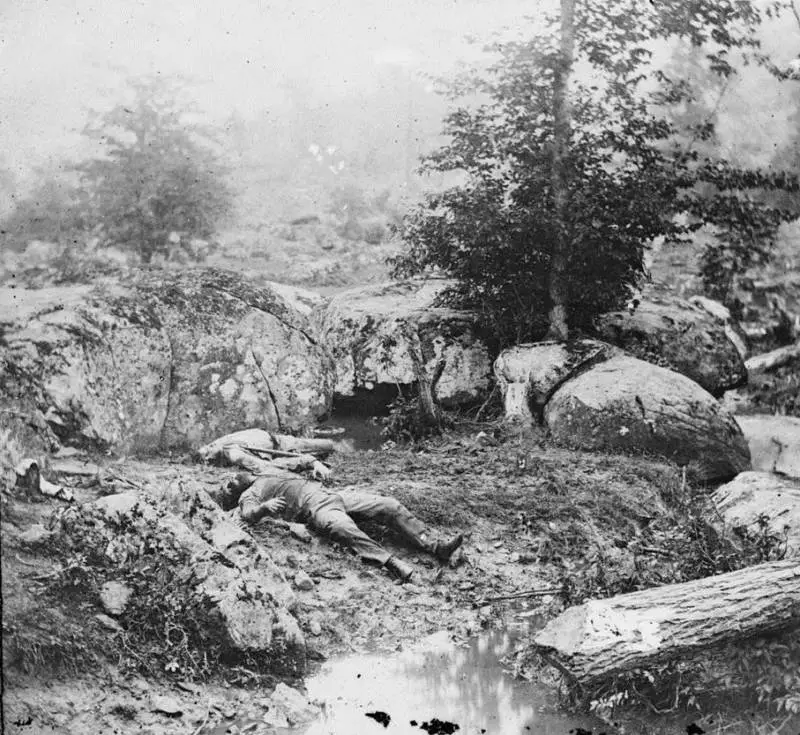
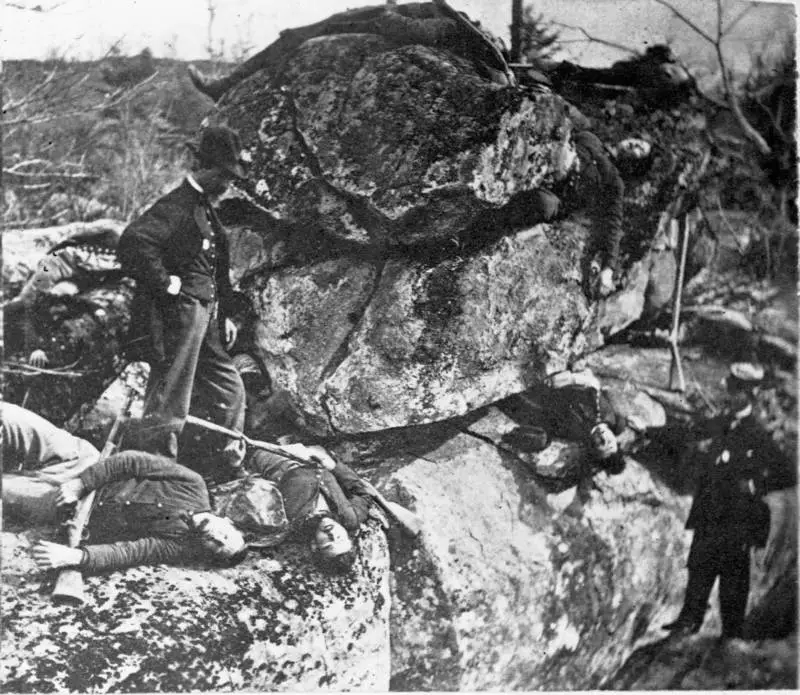
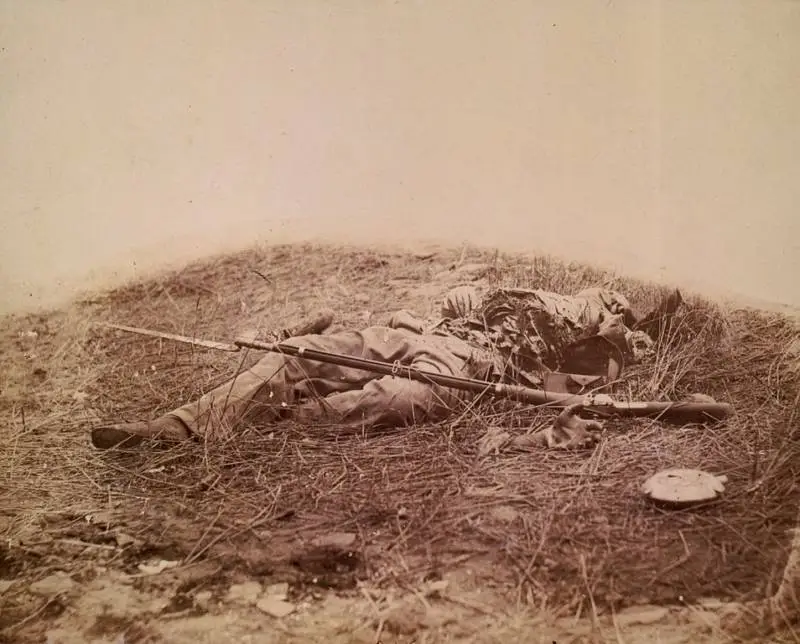
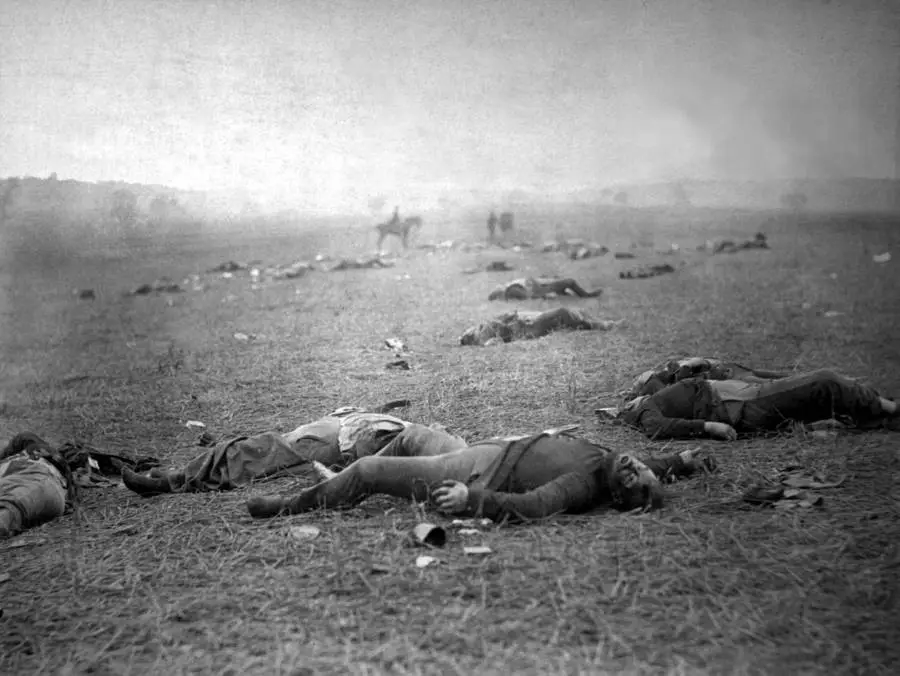
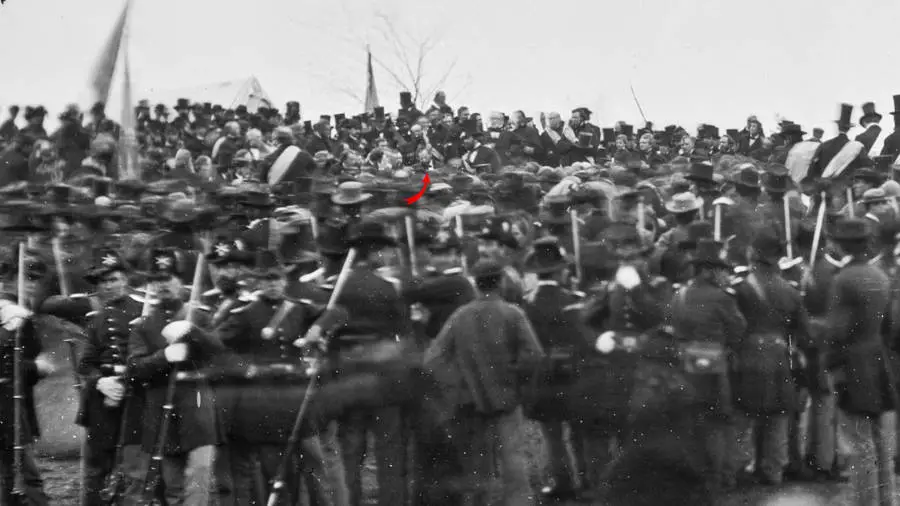
The battlefield was covered with thousands of corpses, many bloated and decomposing in the summer heat. Locals and soldiers buried the dead in mass graves.The scale of death shocked the nation. Witnesses said the fields ran with blood, and some claimed the earth stayed red for weeks.
Casualties:
• Union: 23,000
• Confederate: 28,000
• Total: 51,000+
Lincoln gives his famous speech
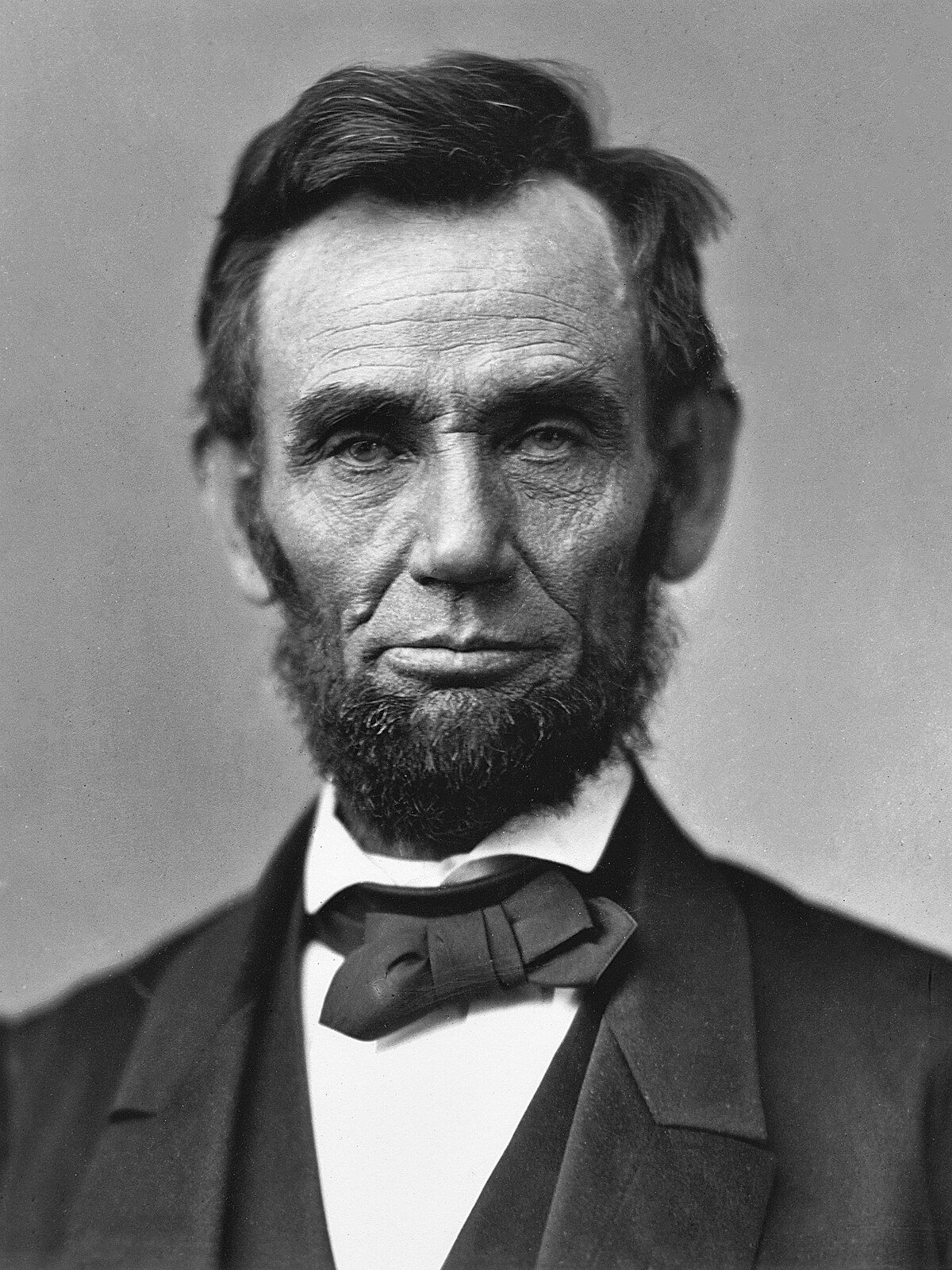
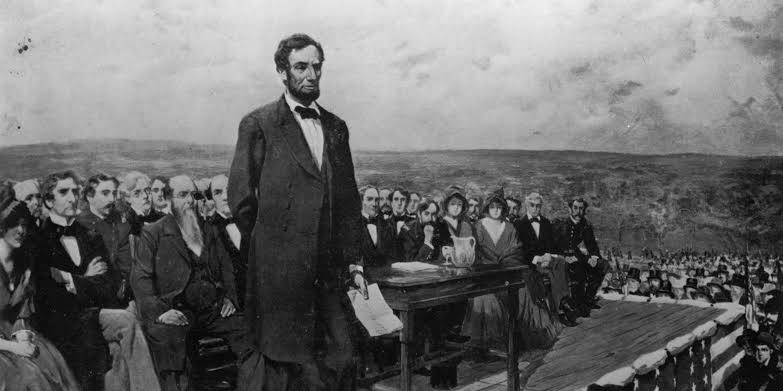
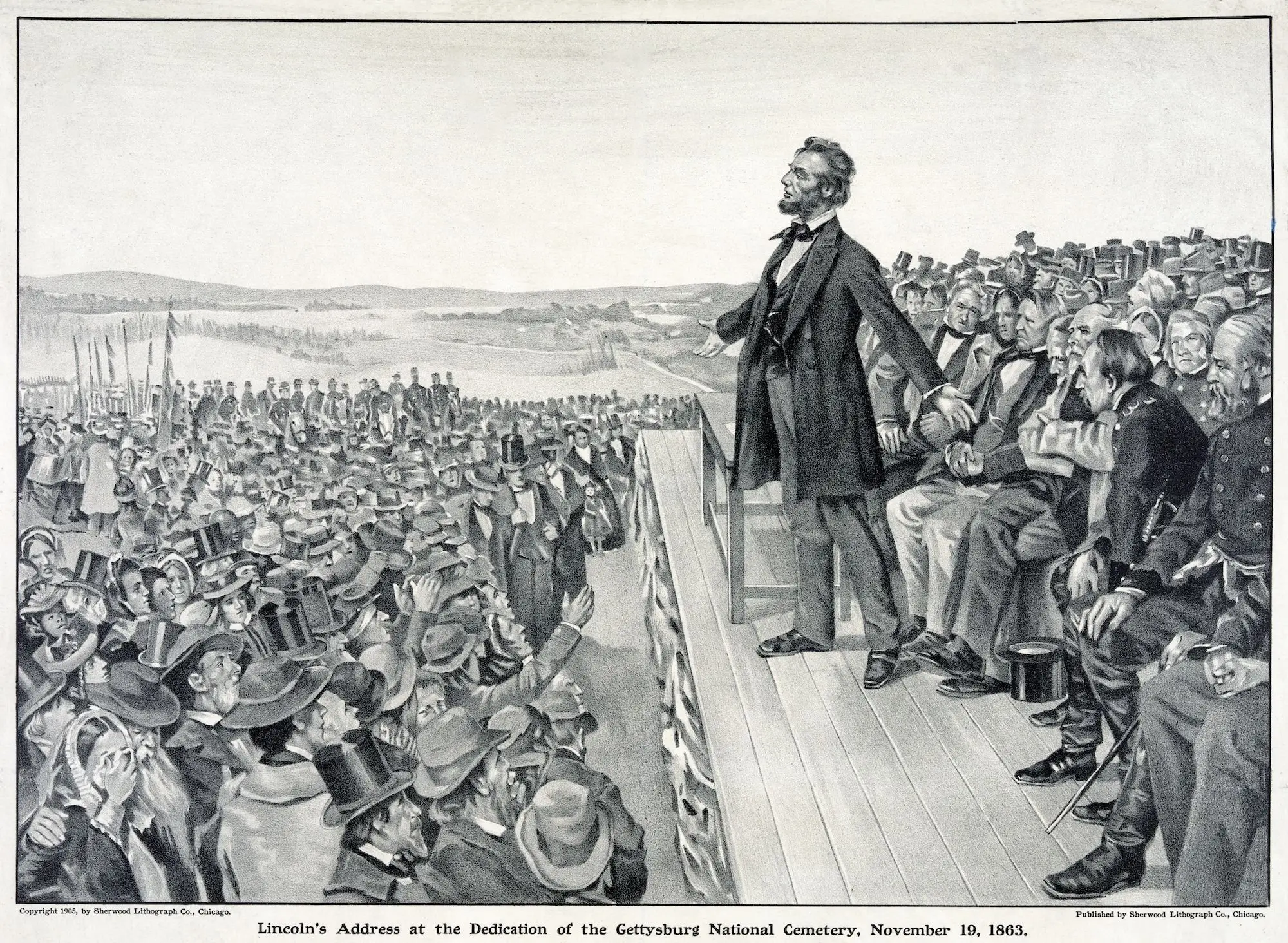
In November 1863, President Abraham Lincoln visited Gettysburg to dedicate the new national cemetery. His speech, now called the Gettysburg Address, lasted just two minutes but became one of the most famous speeches in US history.
The dead were slowly reburied over the next year. Today, more than 3,500 Union soldiers rest in the Gettysburg National Cemetery.
Importance in American History
The Battle of Gettysburg stopped Lee's northern invasion and marked the beginning of the South's decline. It became a symbol of sacrifice and national unity.
Lincoln's closing words at Gettysburg still define the battle's meaning:
"That government of the people, by the people, for the people, shall not perish from the earth"

My psychometric test results are in
Apparently I am high iq in math and low iq in everything else. I already knew this. https://looksmax.org/threads/i-have-to-give-a-psychometric-test-at-work-today.1552514/
This is my the summady of the battle of the gettysberg. Thr 3rd if this month was the 161st anniversary of the famous battle that took place in Pennsylvania.

On July 1, 1863, Union cavalry clashed with Confederate forces near Gettysburg, Pennsylvania, kicking off what would become the bloodiest battle of the American Civil War. Over three days, more than 165,000 soldiers from both sides fought in brutal close quarters across hills, farms, and ridgelines.
The battle was a turning point in the war. Confederate General Robert E. Lee had invaded the North hoping to force a peace deal. Instead, his army was pushed back, suffering heavy losses. Over 50,000 men were killed, wounded, or missing by the end.



Early on July 1, Confederate forces under General Heth ran into Union cavalry led by John Buford. Fighting escalated as more reinforcements arrived. The Confederates eventually pushed Union troops back through Gettysburg and up to Cemetery Hill, but failed to break them.
Dead and dying men lay in the streets, fields, and barns. Soldiers described the smell of blood and gunpowder choking the air. Locals hid in cellars as the battle closed in on their homes.




July 2 saw intense fighting on both flanks. The Union left was hit hard at Little Round Top, Devil's Den, and the Wheatfield. The right side collapsed at Culp's Hill, but Union forces managed to regroup.
Confederate assaults were brutal. Soldiers fought with bayonets, clubs, and bare hands in dense forest and rocky hills. Bodies were stacked around stone walls and tree lines. Many wounded lay untreated overnight, dying slowly.
Pickett's Charge




On July 3, Lee ordered one final attack straight at the Union center on Cemetery Ridge. 12,500 Confederate troops, led by General George Pickett, marched across open fields under heavy cannon fire in what became known as Pickett's Charge.
The result was a massacre. Artillery tore through the charging lines, and Union riflemen finished off the survivors. Fewer than half made it back. The assault failed, and Lee's army was forced to retreat.
Aftermath








The battlefield was covered with thousands of corpses, many bloated and decomposing in the summer heat. Locals and soldiers buried the dead in mass graves.The scale of death shocked the nation. Witnesses said the fields ran with blood, and some claimed the earth stayed red for weeks.
Casualties:
• Union: 23,000
• Confederate: 28,000
• Total: 51,000+
Lincoln gives his famous speech



In November 1863, President Abraham Lincoln visited Gettysburg to dedicate the new national cemetery. His speech, now called the Gettysburg Address, lasted just two minutes but became one of the most famous speeches in US history.
The dead were slowly reburied over the next year. Today, more than 3,500 Union soldiers rest in the Gettysburg National Cemetery.
Importance in American History
The Battle of Gettysburg stopped Lee's northern invasion and marked the beginning of the South's decline. It became a symbol of sacrifice and national unity.
Lincoln's closing words at Gettysburg still define the battle's meaning:
"That government of the people, by the people, for the people, shall not perish from the earth"
Last edited:


